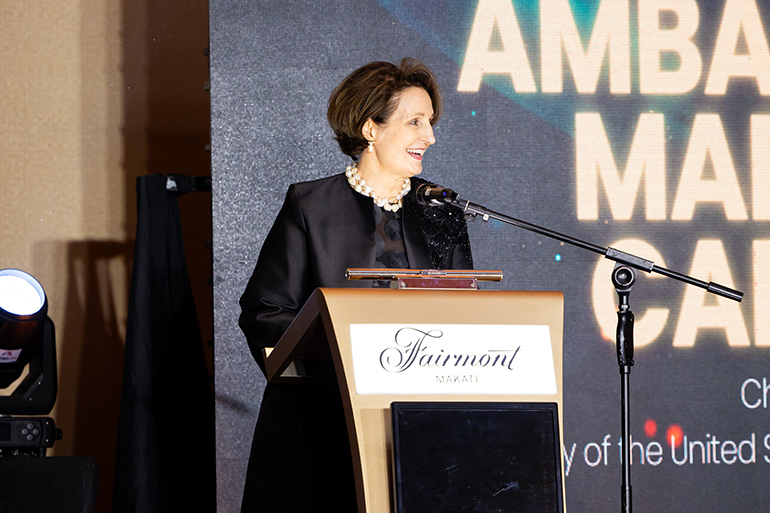Specialty pharmaceutical distributor Morris & Dickson is partnering with Mark Cuban Cost Plus Drug Company (MCCPDC) and the Cost Plus Marketplace to ensure access to vital injectable medications.
MCCPDC offers consumers a broad range of low-cost prescription and over-the-counter drugs from National Association of Boards of Pharmacy (NABP) accredited suppliers.
The Cost Plus Marketplace gives hospitals, clinics, surgery centers, university health networks and pharmacies direct access to medications at lower costs.
The combination of Cost Plus Drug’s business model, which is based on what the company calls “transparency, efficiency and affordability for customers,” with Morris & Dickson’s large distribution network aims to mitigate drug shortages by guaranteeing a steady supply of rare injectable drugs, especially for acute care providers.
The partners tout that they are also working to improve access to essential medication at lower prices for healthcare providers of all sizes, provide flexible options with no volume commitments and streamline the procurement process via the Cost Plus Marketplace platform.
“This partnership reshapes the supply chain for injectable medications,” Mark Cuban, cofounder of Mark Cuban Cost Plus Drug Company, said in a statement.
“Together, we are not just filling gaps, we’re creating a more transparent, efficient and patient-centered system.”
Jody Hatcher, CEO of Morris & Dickson, explained that by partnering with Cuban’s company, a new standard could be set for how critical medications are sourced reliably for patients.
“This is about more than distribution, it’s about transforming lives and putting pharmacies and patients first,” Hatcher said in a statement.
THE LARGER TREND
In 2024, eNavvi, an online pharmacy founded by physicians, teamed with MCCPDC to permit physicians to prescribe medications directly via eNavvi’s digital prescription pad to more than 7,000 independent pharmacies and national grocery pharmacy chains.
A year before, the two companies joined forces to deliver prescription-cost transparency that enabled eNavvi’s Marketplace to provide real-time cash-price transparency directly to physicians.
Virtual care staffing and services company Wheel, mental health platform Talkspace and diagnostic services company Health Gorilla announced a joint partnership with MCCPDC in 2023.
MCCPDC has also partnered with Florida-based PharmcoRx Pharmacy, a health service organization, and tech-enabled Expion Health to lower drug prices for consumers.
Through the partnership, PharmcoRx became a participating pharmacy in MCCPDC’s Team Cuban Card, which allows patients at PharmcoRx locations access to generic and brand-name medications at MCCPDC prices.
PharmcoRx markets the program to its existing customers and network of local clinics and care practices. Through the Expion Health partnership, the tech-enabled company integrated MCCPDC’s drug prices into its product suite to lower the cost of specialty drugs.
Also in 2023, Avanlee Care, an elderly care coordination company, integrated MCCPDC’s offerings into its Ava app to provide affordable medications to caregivers and their loved ones.
Credit: Source link












